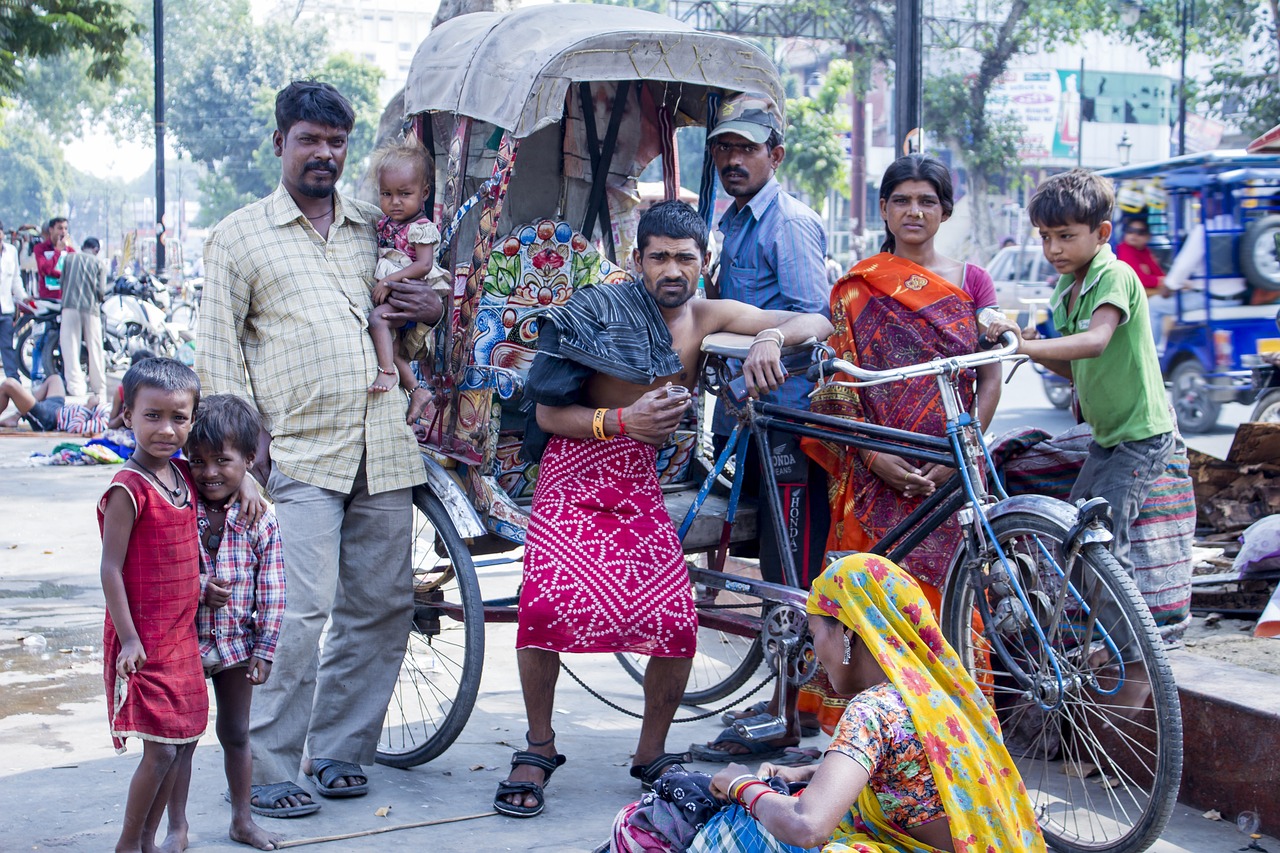Trends in Political Fundraising Events: Betbhai.com sign up, Playexch in live login, Gold365 login
betbhai.com sign up, playexch in live login, gold365 login: Fake news has become a significant issue in recent years, especially during election campaigns. The spread of false information and misinformation can have a profound impact on the democratic process, influencing voters’ opinions and ultimately, the outcome of an election. In this blog post, we will explore the impact of fake news on election campaigns and the potential consequences it can have on our society.
The Rise of Fake News
With the rise of social media and digital technology, fake news has become more prevalent than ever before. Anyone with an internet connection can create and share false information with thousands, if not millions, of people within seconds. This has made it increasingly challenging to discern between fact and fiction, especially when it comes to politics.
During election campaigns, fake news can be weaponized to smear opponents, influence public opinion, and even manipulate election results. False stories about candidates’ personal lives, political stances, or past actions can spread like wildfire, shaping voters’ perceptions and ultimately, their voting decisions.
The Impact on Voter Behavior
One of the most significant impacts of fake news on election campaigns is its ability to sway voter behavior. Studies have shown that people are more likely to believe and share misinformation that aligns with their existing beliefs and biases. This confirmation bias can lead voters to make ill-informed decisions based on false information, ultimately undermining the democratic process.
Fake news can also create confusion and uncertainty among voters, making it challenging to discern the truth from fiction. When bombarded with a constant stream of conflicting information, voters may become apathetic or disillusioned, leading them to disengage from the political process altogether.
The Spread of Polarization
Fake news can also contribute to the growing polarization of society. When individuals are exposed to misinformation that confirms their existing beliefs and biases, it can create echo chambers where people only interact with like-minded individuals. This can further deepen divisions within society, making it harder to find common ground and compromise on important issues.
Furthermore, the spread of fake news can erode trust in media and political institutions. When people are constantly exposed to false information, they may become cynical and distrustful of traditional sources of news and information. This can undermine the credibility of legitimate news outlets and create a breeding ground for conspiracy theories and disinformation.
Regulating Fake News
Addressing the issue of fake news requires a multi-faceted approach involving government regulation, media literacy education, and technological solutions. Governments around the world have started to take action against the spread of fake news, implementing laws and regulations to combat misinformation online.
Media literacy education is also crucial in helping people discern between reliable sources of information and fake news. By teaching critical thinking skills and digital literacy, individuals can become more discerning consumers of information and less susceptible to manipulation by false information.
Technological solutions, such as fact-checking tools and algorithms to detect fake news, can also help curb the spread of misinformation online. Social media platforms have started to implement measures to flag and remove false information, but more needs to be done to effectively combat the spread of fake news.
In conclusion, fake news has a significant impact on election campaigns, influencing voter behavior, deepening polarization, and eroding trust in democratic institutions. Addressing this issue requires a concerted effort from governments, media organizations, and individuals to combat misinformation and ensure the integrity of the democratic process.
—
**FAQs**
1. What is fake news?
Fake news refers to false or misleading information presented as news with the intent to deceive or manipulate.
2. How can I spot fake news?
Look out for sensational headlines, check the credibility of the source, cross-check information with other sources, and be wary of information that aligns with your existing beliefs.
3. What can I do to combat fake news?
Stay informed, fact-check information before sharing, support reputable news sources, and report fake news when you see it.
4. How does fake news impact society?
Fake news can influence public opinion, sway elections, deepen societal divisions, and erode trust in media and institutions.
5. What role do social media platforms play in the spread of fake news?
Social media platforms can be breeding grounds for fake news due to their ability to reach millions of people quickly. Platforms have started implementing measures to combat the spread of misinformation, but more needs to be done.
6. Is fake news illegal?
While spreading fake news is not necessarily illegal, it can have consequences such as defamation, libel, or violating electoral laws in some cases. Laws against fake news vary by country.







